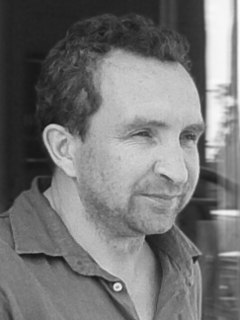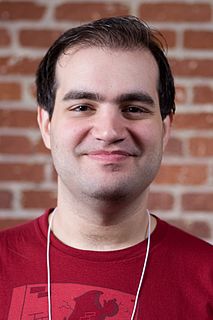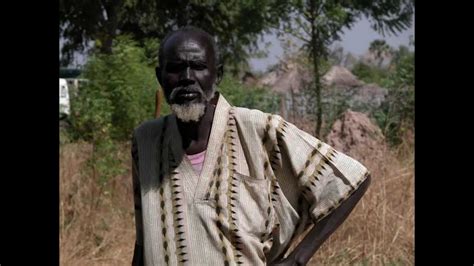A Quote by Owen Jones
Private schools do confer other advantages, of course: whether it be networks, or a sense of confidence that can shade into a poisonous sense of social superiority.
Related Quotes
When man faces man the one attempts to put the other to sleep and the other continuously wants to maintain his uprightness. But this is, to speak in the Goethean sense, the archetypal phenomenon of social science. This sleeping-into we may call the social principle, the social impulse of the new era: we have to live over into the other; we have to dissolve with our soul into the other.
Yes, over the centuries economic progress has reduced some gross disparities - modern Americans are relatively unlikely to simply starve to death (though it can happen), so in that sense the gap between rich and poor has narrowed. But the question isn't whether society is, in some sense, more equal than it was in 1900. It's whether it is radically more unequal than it was in 1970. And of course it is.
We all have a world of things inside ourselves and each one of us has his own private world. How can we understand each other if the words I use have the sense and the value that I expect them to have, but whoever is listening to me inevitably thinks that those same words have a different sense and value, because of the private world he has inside himself, too.

































